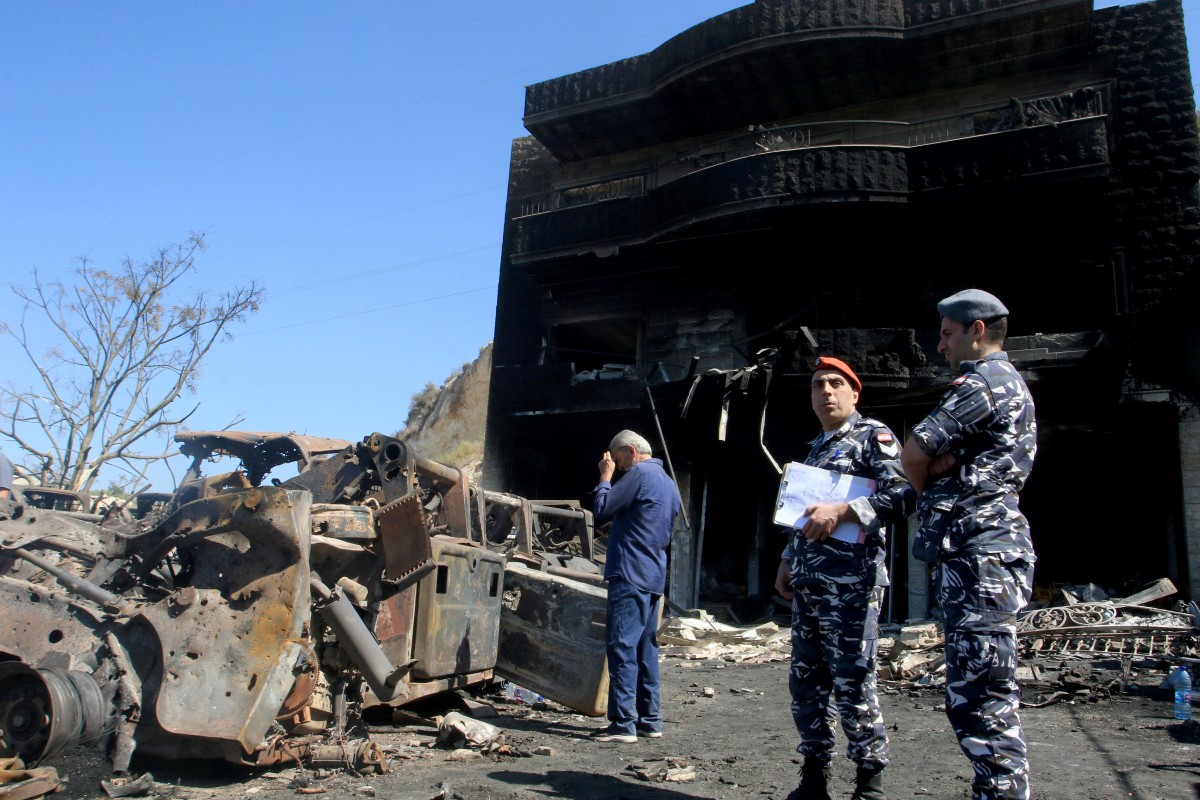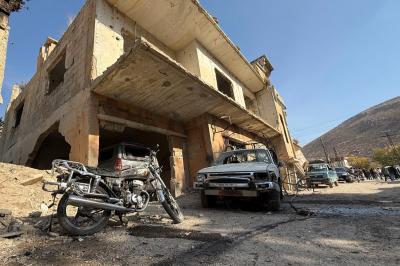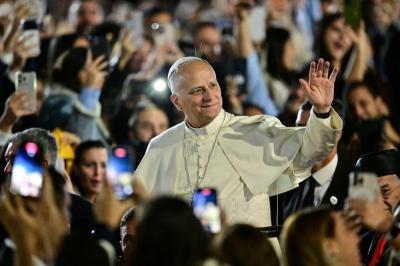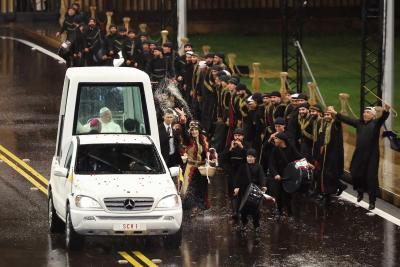While Gaza rests on the success of the first stage of the solution and awakes to the expected complications of the second, political noise in Lebanon is growing louder, marked by both security and military undertones. The debate revolves around two central issues: the interdependence of reconstruction and disarmament, and President Joseph Aoun’s statement that Lebanon must join—rather than obstruct—the wave of regional settlements through indirect negotiations with Israel.
It is clear that Lebanon has no option but to pursue a political solution through negotiations and diplomacy. All attempts through a military solution collapsed during the “war of support,” the notion of liberation through arms has faded, and with it disappeared the once-preferred slogan of the late “Hezbollah” leader Hassan Nasrallah: “The battlefield has the final word.” In fact, “Hezbollah” had already, in practice, surrendered its weapons on the battlefield south of the Litani River, abandoning the mantle of “resistance” the moment it withdrew from the Blue Line and Shebaa Farms.
This retreat from the frontlines has raised urgent questions about the weapons’ continued presence north of the Litani, extending into Beirut and the Bekaa, and the justification for holding onto them, given that the true arena of resistance is now closed. History has never known a resistance fought remotely or by correspondence, but only through direct confrontation. The recent experiences of Iran and Yemen are the clearest proof of the futility of “remote resistance”: neither Iranian missiles, nor Houthi drones, nor “Hezbollah’s” rockets liberated land or shifted battlefield balances. Yes, they caused destruction and casualties, but they brought no strategic change and left no significant political impact. The same fate would await “Hezbollah’s” missiles should they be used again.
Beyond what remains of “Hezbollah’s” arsenal south of the Litani, its presence elsewhere blocks the state’s exclusive authority and deters donor countries from financing reconstruction. Here lies the core dilemma: international and Arab aid collides with the chaos of illegal arms, creating a hostile inverse relationship between stability and denial. This collision is expected to reverberate in the international reconstruction conference promised by the French president, with many Arab and global states likely to withdraw if the arms issue remains unresolved. By contrast, the conference to support the Lebanese Army is receiving broad encouragement, given its role in monopolizing arms.
“Hezbollah’s” demand to begin reconstruction before surrendering its weapons has found no response, Arab or international. Not a single foreign condemnation was issued over the Israeli raids that destroyed hundreds of cranes and bulldozers designated for reconstruction in Msayleh. This silence underscores the outside world’s insistence that dismantling arms is a prerequisite for aid, and that Lebanon’s solution cannot be fragmented as “Hezbollah” wishes, but must be treated as an integrated military, political, and financial whole.
As for President Aoun’s call for Lebanon to join the region’s path toward peace through negotiations, it is a constitutional right vested in the presidency. This stands in contrast to the maritime border talks of 2022, when the Amal–“Hezbollah” duo monopolized the negotiations under U.S. sponsorship, leaving the then-president only the “honor” of its announcement. Today, “Hezbollah’s” resentment with the presidential initiative is apparent for two reasons: it strips the negotiation card from its hands, and it fears Gaza’s fate could extend to Lebanon. This explains its full compliance with Iran’s boycott of the Sharm el-Sheikh peace conference—contrary to Islamic, Arab, and international consensus—while also seeking to isolate Lebanon from it.
The problem is that Iran and its Lebanese arm have no alternative to the regional peace track, and no effective tool but negotiations. They have tried wars, exploited control of four Arab capitals, and wielded the doctrine of erasing Israel and liberating Jerusalem—yet today they face battlefield confusion, regional isolation, and contraction in politics, economics, and finance.
The Lebanese president did well to seize the regional and international political moment and align with the right facts, realities, and paths. It is no small matter that his position, supported by the government, has been endorsed by the American and French presidents, along with notable Arab sympathy. Clearly, the upcoming negotiations will be under international and Arab sponsorship, aimed first at clearing the mines of weapons through reconstruction, and then at laying the foundations of Lebanese sovereignty over its historic borders by liberating the remaining occupied lands and resolving long-standing disputes with Syria and Israel, to launch a new phase of stability and prosperity.
Lebanon has reached the threshold of salvation. The bet now lies on the awareness of its leaders—that they neither squander this chance for rescue, nor lose sight of the right direction.
Please post your comments on:
[email protected]
 Politics
Politics













